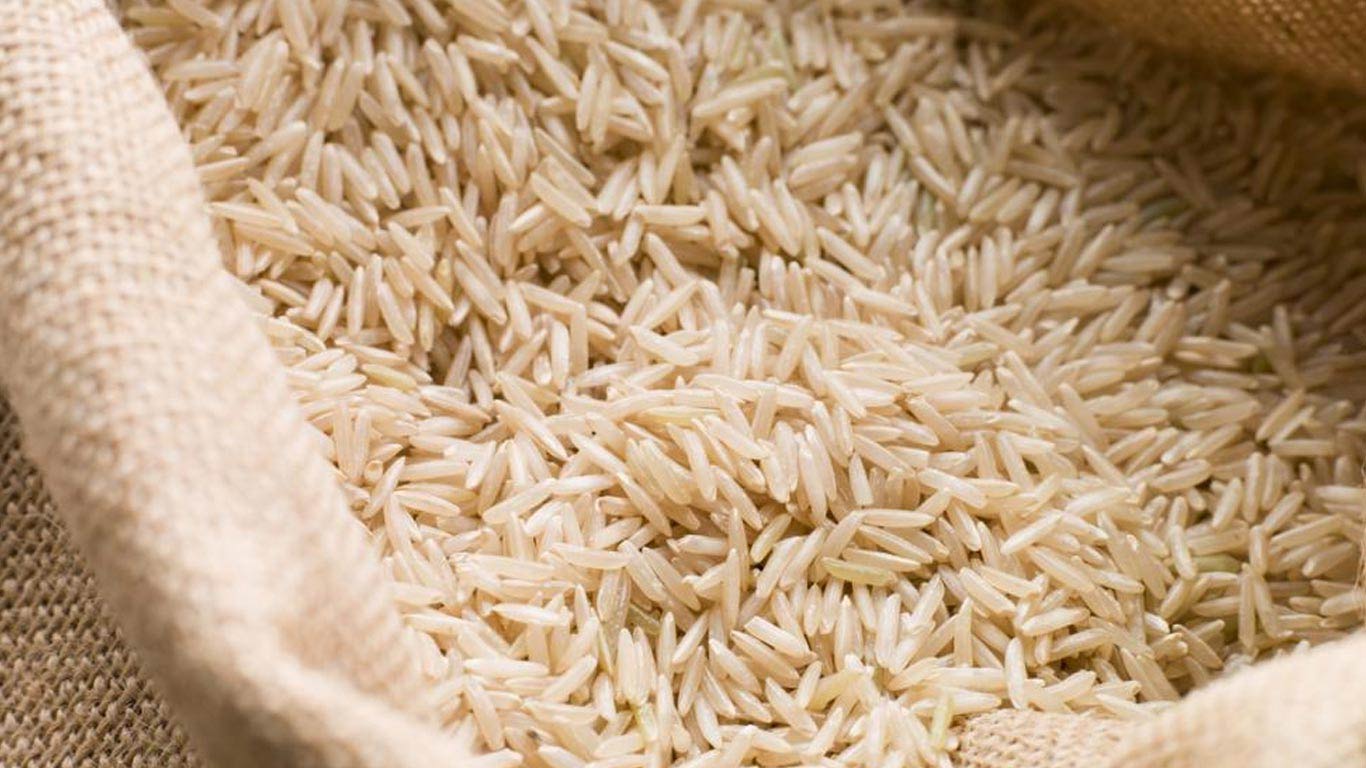Remove Minimum Export Price To Promote Diversification Towards Basmati: Punjab To Centre
Updated: Nov 21, 2023 01:02:22pm

Remove Minimum Export Price To Promote Diversification Towards Basmati: Punjab To Centre
Chandigarh, Nov 21 (KNN) The Punjab government has suggested the central government to do away with the minimum export price (MEP) norms on the long-grain aromatic rice, besides developing new export markets.
This will help to promote diversification towards basmati and address the issue of stubble burning. The challenge of stubble burning persists in the state, largely due to the cultivation of non-basmati rice.
In a communication to the Union ministry of agriculture and farmers welfare, the Punjab government highlighted the concerning trend of steadily increasing paddy cultivation, reaching 78 lakh acres in the current year. Paddy cultivation not only contributes to the depletion of groundwater but also results in significant methane emissions, soil degradation, diminished biodiversity and severe environmental pollution through stubble burning.
For a long term sustainable measures for checking stubble burning, the state has strongly advocated for the removal of all MEP on basmati as price restrictions have artificially reduced exports, hurting the profits of farmers and reducing foreign exchange for the country.
The cultivation area dedicated to basmati in Punjab has witnessed an increase, reaching 6 lakh hectares this year. The central government has been urged to collaborate with the nation’s diplomatic missions abroad to develop new markets for basmati exports, focusing on countries such as Canada, the USA, South Africa, and Central Asia.
To enable comprehensive paddy diversification, Punjab requested the central government for MSP-based assured procurement for basmati, maize, cotton, moong, mash, arhar, soybean and groundnut.
Punjab has also reminded the central government of the Supreme Court’s directive to provide a cash incentive of Rs 2,500 per acre to farmers. Its implementation is estimated to cost Rs 2,000 crore. According to the state government, if the Centre shoulders 50 per cent of the burden and 75 per cent of farmers take advantage of the incentive, the expected financial responsibility of the Union government would be Rs 750 crore. This figure could be further reduced by considering acreage limits and other relevant criteria.
The central government was assured that Punjab was committed to the robust implementation of the proposed incentive, incorporating automated satellite-based verification of crop burning.
Punjab has proposed a ban on the procurement of long-duration varieties of rice. It has also suggested extending direct industry subsidies for large balers and providing gap funding for biomass power initiatives.
(KNN Bureau)











